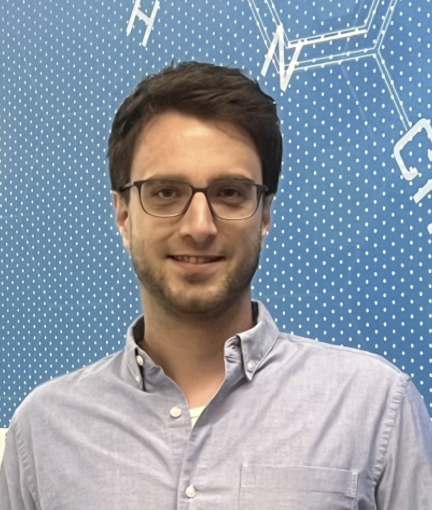
FELIX RINGER
Assistant Professor
Physics and Astronomy
felix.ringer@stonybrook.edu | (631)-632-8125, Physics C-137
Curriculum Vitae. (Last updated: 2025 Jan 10)
Biography
Since August 2024, Felix Ringer has been an Assistant Professor at Stony Brook University.
He earned his Ph.D. from the University of Tübingen, Germany, in 2015, following Master’s
degrees from the University of Tübingen and the University of Cambridge, UK. Dr. Ringer
held postdoctoral positions at Los Alamos National Laboratory, Lawrence Berkeley National
Laboratory/UC Berkeley, and Stony Brook University. Prior to joining Stony Brook,
he was an Assistant Professor at Old Dominion University and a Joint Staff Scientist
at Jefferson Lab in Virginia. He was awarded the U.S. Department of Energy Early Career
Award in 2023.
Research Statement
My research explores the fundamental principles of quantum chromodynamics (QCD) that
describe the interactions of quarks and gluons, the building blocks of matter. QCD,
a cornerstone of the Standard Model of particle physics, governs the dynamics of these
particles across a wide range of energies, from the perturbative regime accessible
through high-energy collisions to the strongly coupled, nonperturbative regime of
confinement. A central focus of my work is advancing theoretical and computational
methods to address these challenges, with applications to precision studies in jet
physics and collider phenomenology, the quark-gluon plasma in heavy-ion physics, and
searches for new physics.
To achieve these goals, my research consists of three interconnected directions. 1.) I employ perturbative QCD calculations and Effective Field Theories to probe the dynamics of quarks and gluons and study precision observables at collider experiments. 2.) I develop quantum computing algorithms for lattice field theories with the ultimate goal of studying real-time dynamics in the strongly coupled regime of QCD that are intractable with classical techniques. 3.) I integrate advanced machine-learning / AI techniques to analyze collider data to uncover novel patterns that provide insights into QCD processes. These efforts are directly aligned with the physics goals of major experimental facilities, including the Large Hadron Collider (LHC), the Relativistic Heavy-Ion Collider (RHIC), Jefferson Lab, and the future Electron-Ion Collider (EIC).
|
|
|


